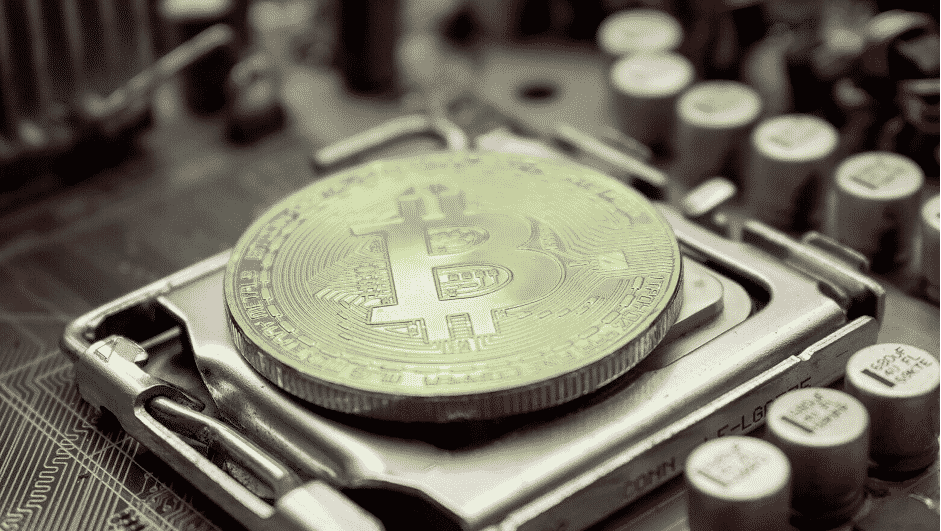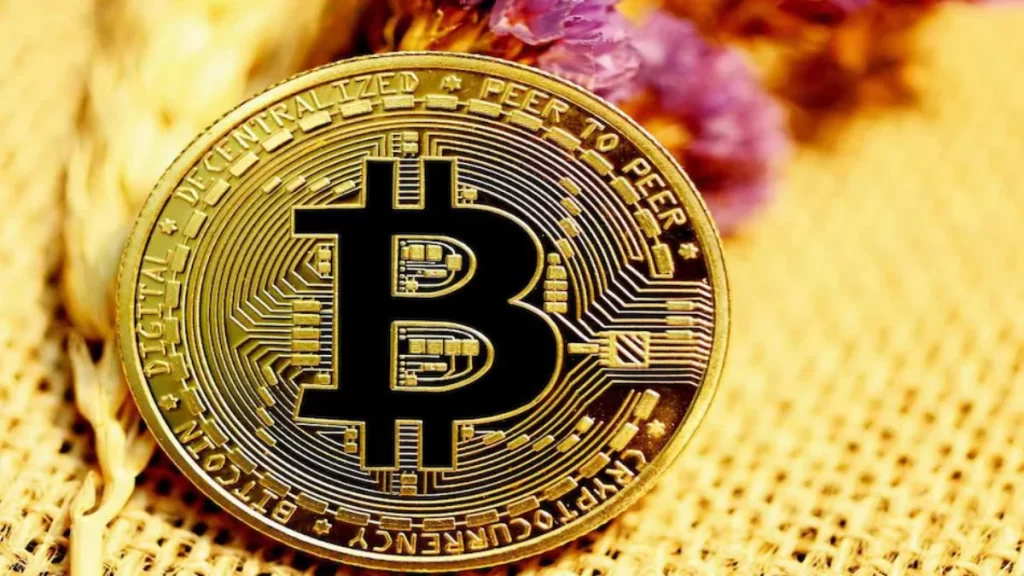The concept of Bitcoin was published in a white paper which was written in 2008 by one or more people using the pseudonym Satoshi Nakamoto. It outlined the working of Bitcoin. The crypto was created in January 2009. Since then the value of Bitcoins has gone up and down over the years.

Bitcoin is a virtual or a digital currency. Bitcoin is like online cash which can be used to buy products and services. It is a cryptocurrency and not many shops accept it as a mode of payment yet. However, few companies have begun to accept Bitcoin. For example, PayPal announced in October last year that it would allow its customers to buy and sell crypto Bitcoin.
First install a Bitcoin wallet on your computer or mobile phone. Your first Bitcoin address will be generated and thereon you can create more. You can share this address with your friends who can pay you or vice versa. Bitcoin addresses are used only once so new addresses for new transactions. The entire Bitcoin network relies on the block chain which is a shared public ledger. Each and every transaction is included in the block chain.
What is Bitcoin?
Bitcoin is a software i.e. completely digital phenomenon consisting of a set of protocols and processes. It isn’t a single record of a coin as found on an accounting ledger or a bank statement. It’s a file with a value registered as a transaction when the payment or receipt is initiated. In a bitcoin transaction, three elements are involved:
i. A transaction input- the bitcoin address from which the money is sent
ii. A transaction output- the bitcoin address to which the money is sent
iii. An amount
If you’ve bitcoin in your wallet, it means that you have the bitcoin address under your control.
You can easily try doing bitcoin revolution login and start your bitcoin investing journey right away!
How does Bitcoin work?
Bitcoin is a computer file stored in the form of a digital wallet app on your smartphone or computer. People can send you bitcoins in your wallet and similarly you can also send them to others. Each transaction is recorded in the blockchain.
Let’s go deeper on understanding how the whole transaction takes place. The bitcoins which you receive from someone else are sent by you to others. The address from which the bitcoins are sent is registered on the bitcoin blockchain as the transaction input. The receiver’s address is also registered on the bitcoin network as the transaction output.
There are basically three principal ways of getting Bitcoins:
- buying Bitcoins using ‘real’ money
- selling your stuff for Bitcoins
- creating the crypto using a computer
How do we Create Bitcoins?
To keep the Bitcoin system working, you can make your computer process transactions for everybody. If you’re lucky enough you can be rewarded with a Bitcoin. People set up powerful computers to try and get Bitcoins. This is known as Bitcoin mining which is actually the process of adding more and more new transactions to the Bitcoin blockchain. Bitcoin mining is not an easy thing to do. People use proof of work processes which we have already mentioned (setting up computers to solve mathematical puzzles verifying transactions to get Bitcoins). However, the sums are becoming more and more difficult. So if you start mining now it could take years before you get a single Bitcoin. Bitcoin mining doesn’t pay much and it is becoming harder to recoup the increasing computational and electrical costs.
The value of Bitcoins lies in the fact that people are willing to exchange them for real goods and services and even cash.
Why Bitcoins?
· Bitcoins are not controlled by the government or banks.
· These can be spent fairly anonymously. Though every transaction is recorded, no one can know which ‘account number’ was yours until and unless you tell them.
Are Bitcoins Secure?
The transactions are recorded on the blockchain so they are publicly available. It’s very difficult to copy, make a fake one or spend cryptos you don’t own. However, it’s possible to lose the Bitcoin wallet or your Bitcoins may get deleted and you lose them forever. There have also been thefts from websites where Bitcoins were saved remotely.
